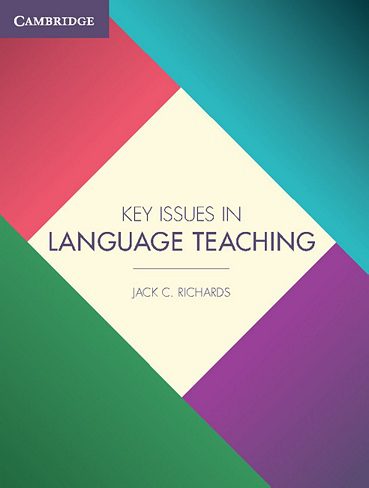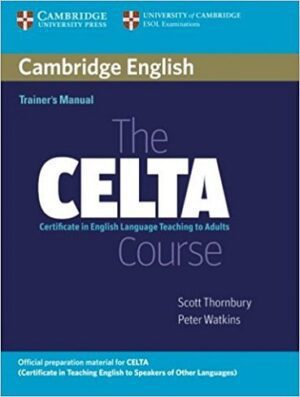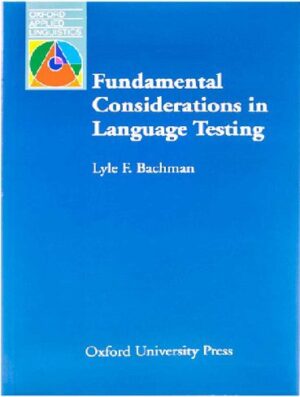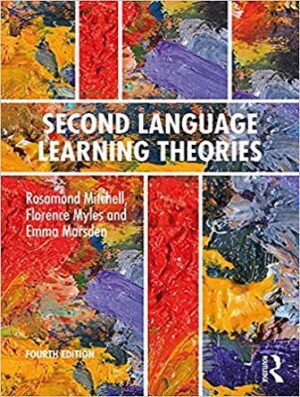توضیحات
توضیحات کتاب :
کتاب Key Issues in Language Teaching
کتاب Key Issues in Language Teaching یکی منابع ضروری برای هر معلم زبانی است. این کتاب به برسی مسائل کلیدی در آموزش زبان می پردازد و شامل طیف گسترده ای از موضوعات اصلی و مهم در درک روش های معاصر آموزش زبان انگلیسی به عنوان زبان دوم و یا یک زبان بین المللی است. از مسائلی که در این کتاب به آنها اشاره می شود می توان طبیعت زبان انگلیسی در دنیا، توسعه روش های آموزش زبان، طبیعت آموزش در کلاس درس، آموزش مهارت های چهار گانه زبان را نام برد.
This picture has changed somewhat today. Now that English is the language of globalization, international communication, commerce, the media and pop culture, different motivations for learning it come into play. English is no longer viewed as the property of the English-speaking world, but is an international commodity. New goals for the learning of English have emerged. The cultural values of the United Kingdom and the United States are often seen as irrelevant to language teaching, except in situations where the learner has a pragmatic need for such information. The language teacher no longer needs to be an expert on British and American culture, or a literature specialist either
When it was taken for granted that the variety of English which learners needed to master was a native-speaker one, the choice was often determined by proximity. In Europe, due to its proximity to the United Kingdom, British English was usually the model presented in teaching materials. In many other parts of the world, North American English was normally the target. In some places (e.g. Indonesia), learners are more likely to encounter Australian English, and this may be the variety of English they feel most comfortable learning. However, in recent years, there has been a growing demand for North American English in places where British English was the traditional model, particularly among young people for whom American English is ‘cool’. It seems, perhaps, that it more closely resembles their ‘idea’ of English
The two schools of thought concerning how closely learners should try to approximate native-speaker usage can be summarized as follows: The traditional view is that mastery of English means mastering a native-speaker variety of English. The presence of a foreign accent, influenced by the learner’s mother tongue, was considered a sign of incomplete learning. Teaching materials presented exclusively native-speaker models – usually spoken with a standard or prestige accent – as learning targets
The second school of thought is that when English is regarded as an international language, speakers may wish to preserve markers of their cultural identity through the way they speak English. In such cases, learners may regard a French, Italian, Russian or Spanish accent in their English as something valid – something they do not want to lose. This is a question of personal choice for learners, and teachers, therefore, should not assume that learners always want to master a native-speaker accent when they learn English. As one learner puts it, ‘I am Korean, so why should I try to sound like an American
.فقط مشتریانی که این محصول را خریداری کرده اند و وارد سیستم شده اند میتوانند برای این محصول دیدگاه ارسال کنند.






دیدگاهها
هیچ دیدگاهی برای این محصول نوشته نشده است.